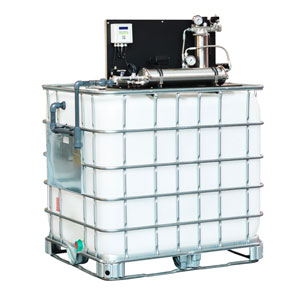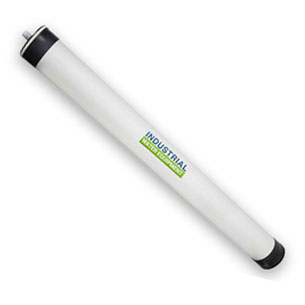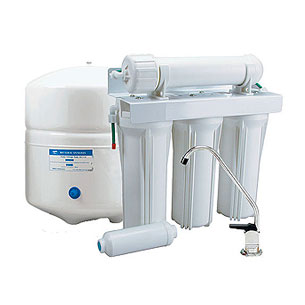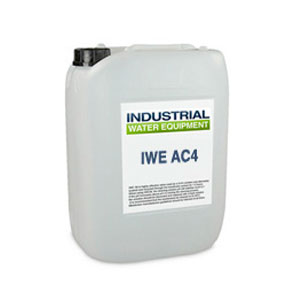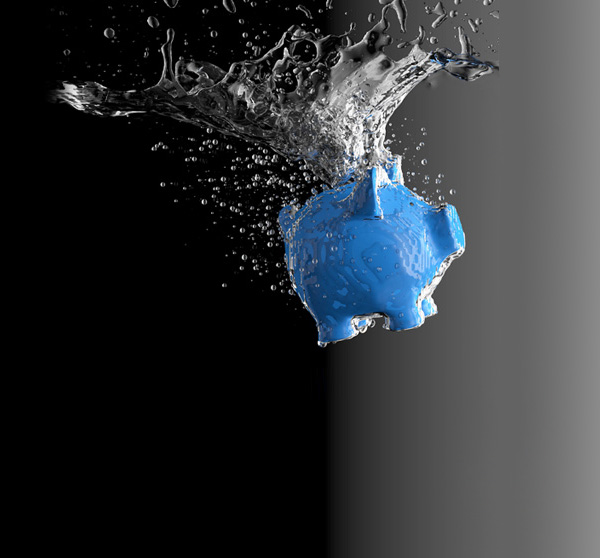HOME | REVERSE OSMOSIS | EQUIPMENT SERVICING
reverse osmosis equipment servicing
| Service - Maintenance Packages | ||||
|---|---|---|---|---|
| Package | Bronze | Silver | Gold | Platinum |
| Planned Service and Maintenance visits per year | 2 or 4 | 2 or 4 | 2, 4 or 6 | 2, 4 or 6 |
| Electronic reports emailed direct to 2 addresses | ||||
| Breakdown response time (Hours) | 48 | 24 | 24 or 12 | 24, 12 or 6 |
| Breakdown callout charge covered | No | No | No | |
| Breakdown callouts discounted | No | No | ||
| Annual consumables pack included | No | |||
| Spare parts used and annual consumables included | No | No | No | |
| Discounted consumables | No | |||
| 24 Hour tech support telephone number | ||||
| Site specific reports and equipment history records issued | No | |||
| Service Package Optional Extras | ||||
| Optional Extras | Bronze | Silver | Gold | Platinum |
| Annual Resin Analysis | ||||
| Spares Holding Facility | ||||
| Media Replacement | ||||
| Resin Analysis | ||||
| RO Membrane Cleaning | ||||
| Disinfection and Sanitisation | ||||
TYPICAL SERVICE SCHEDULE
Reverse Osmosis Typical Service Schedule
(Please note that this is a typical specification and Industrial Water Equipment Ltd provide site specific service schedules for your sites specific requirements)
Site Safety and Regulatory Compliance
Industrial Water Equipment Ltd will advise site contact 48 hours prior to intended visit date.
1.1 – Register with security and reception before proceeding to site.
1.2 – Register with site contact and obtain any required permits to work.
1.3 – Inform site contact of any electrical or mechanical isolation in relation to the service visit
1.4 – Adhere to sites code of PPE and ensure all IWE engineers have the required level of PPE.
1.5 Inform site engineer that site services have been restored on completing any service work.
1.6 Contact site engineer or responsible person. Discuss findings and relevant actions.
1.7 Obtain signature and leave completed report.
Records
2.1 – Examine site records to establish performance of plant since last service visit.
2.2 -Record any variation in raw and treated water quality and establish reason for any variance from last visit.
2.3- Confirm treated water volumetric and quality requirements.
Water Quality
- Analyse chemical quality of raw inlet water to softener and record.
- Analyse chemical quality of outlet water from softener vessel(s) and record.
- Analyse chemical quality of any stored treated water quality and record.
Take dip slide of :
- Raw inlet water to softener.
- Outlet water from softener vessel(s).
- Any stored treated water.
Typical mechanical checks for Reverse Osmosis Units
4.1 Discuss and examine previous site reverse osmosis outlet water results.
4.2 Carry out on-site test of make-up water for total dissolved solids (TDS) and establish if any changes in the raw water composition has occurred since previous site visit.
4.3 Check and record that the plant capacities are correct and record the outlet water meter reading.
4.4 Inspect and record overall condition of reverse osmosis unit and associated pre and post treatment equipment for leaks or general wear and tear.
4.5 Where installed change filter cartridges on raw water feed line (<5 microns or<1 micron).
4.6 Check and record that the following alarm conditions are working correctly:
- Treated water tank low level – operate all float/level switches to manually check operation.
- Raw Water Break tank low level – operate all float/level switches to manually check operation.
- Feed and Boost Pump failures – manually operate overloads test button on starters.
- Simulate, calibrate and test Water quality alarm (usually conductivity meter)
- Test Low inlet pressure on inlet pressure switch.
- Test all regeneration functions on pretreatment prior to the reverse osmosis equipment, backwash multimedia filters, sand filters and carbon filters.
4.7 Regenerate and test the functions of any water softeners pre reverse osmosis equipment.
4.8 Check all pressures and record for example;
- Water softener inlet and outlet pressure
- Filter cartridges inlet and outlet pressure
- Ro Inlet pressure
- RO boost pressure
- Ro membrane pressures
4.9 Check and record all pretreatment flow rates and Reverse osmosis unit feed flow.
- Permeate flowrate
- Concentrate flowrate / reject flowrate
4.10 Check the calibration of all conductivity meters using appropriate conductivity simulation.
4.11 Record all conductivity readings on reports.
4.12 Identify and report any areas for improvement/efficiency required either immediately or at next service.
4.13 Leave the completed report with the appropriate engineer on site and obtain signature.
4.14 Confirm the next service visit date with site.
Reverse Osmosis Equipment Servicing
IWE PRICE PROMISE
We Guarantee to beat any like for like quote for Water Treatment and Parts by 10% and any like for like Service Contract by 20%




